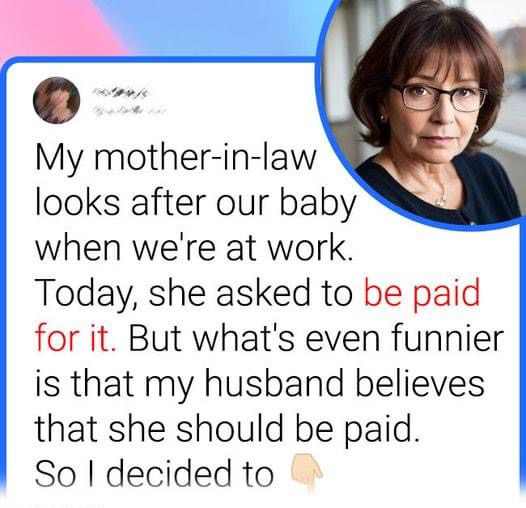Becoming a parent for the first time is a life-changing experience, and it’s common to feel overwhelmed. In your 20s or 30s, you’re often juggling a career, trying to build a future, and maintaining your social and personal life—all while suddenly being responsible for a tiny human. It’s a balancing act that can seem impossible at times. For many new parents, one of the biggest sources of support comes from their own parents: the baby’s grandparents. These loving family members often step in, offering not only emotional support but also practical help—whether it’s assisting with childcare, offering financial support, or simply being there to listen.
In many cases, grandparents become more than just occasional helpers—they can become a crucial part of a child’s life, playing a regular role as caregivers or babysitters. For parents, this can make all the difference in finding balance and peace of mind. What might seem like a simple favor can actually be a lifeline for new parents, providing them with the space to breathe and focus on their careers, relationships, and self-care. However, this dynamic can also bring its challenges. The line between assistance and overstepping can sometimes blur, and parents must navigate the sometimes-complicated balance between accepting help and maintaining their independence as a family unit.
The involvement of grandparents is a powerful testament to the strength of family bonds and the importance of support systems. For both parents and children, these relationships can be transformative, shaping not only the early years of a child’s life but also the connection between generations. However, the complexity of these relationships, with both love and tension, makes it clear that the act of parenting is a shared journey, not just one between mother, father, and child, but one that can involve a wider network of caregivers, mentors, and family members who all help shape the path forward.
